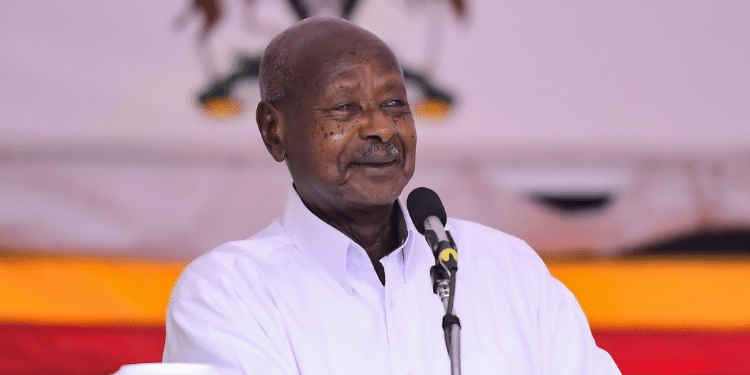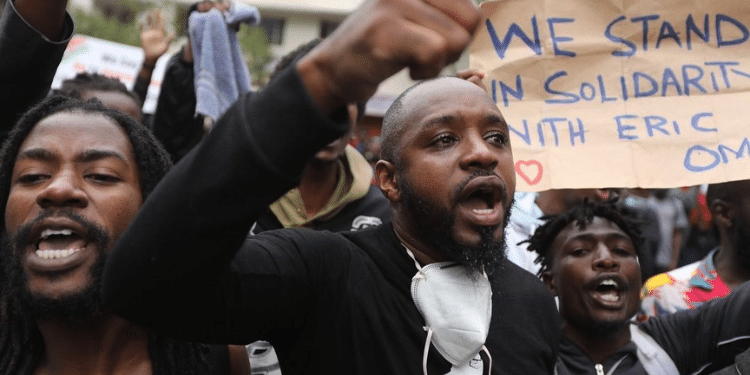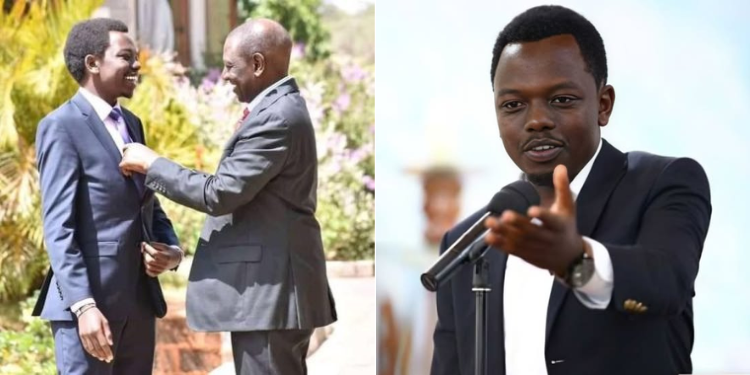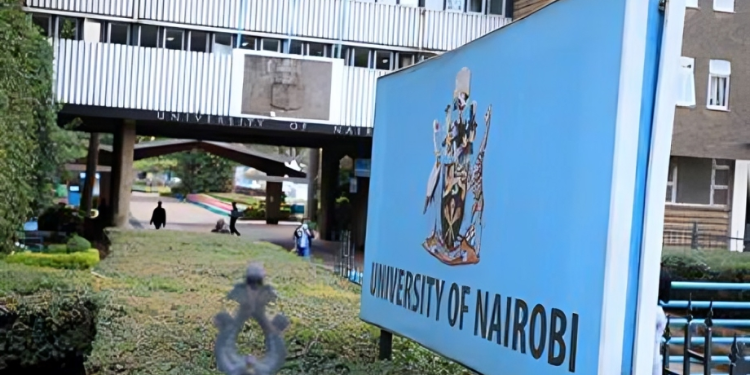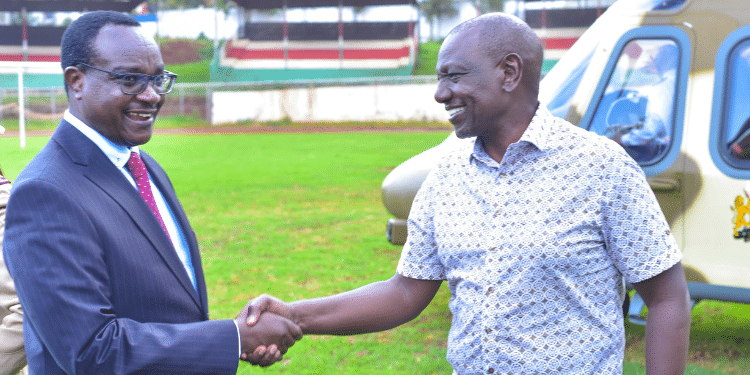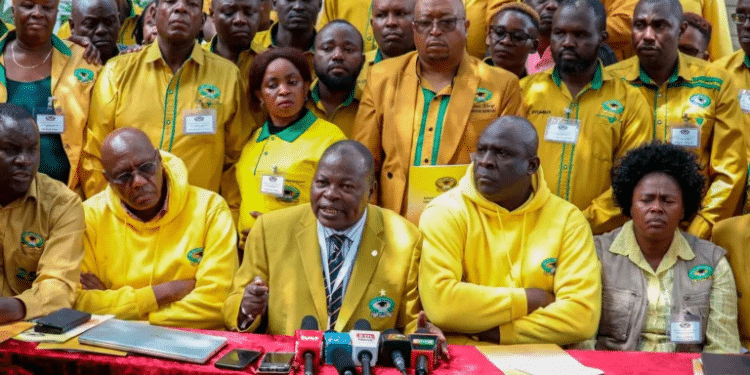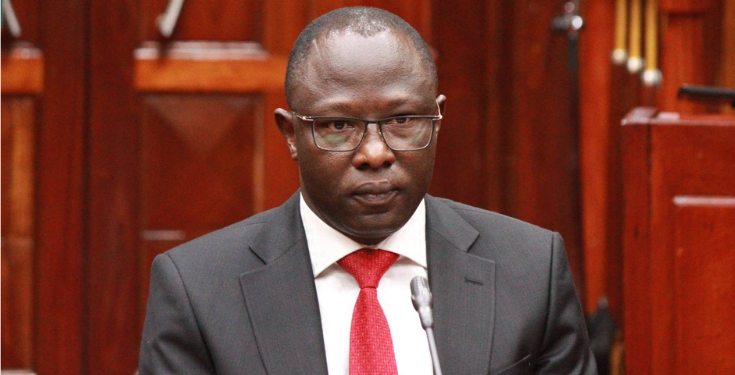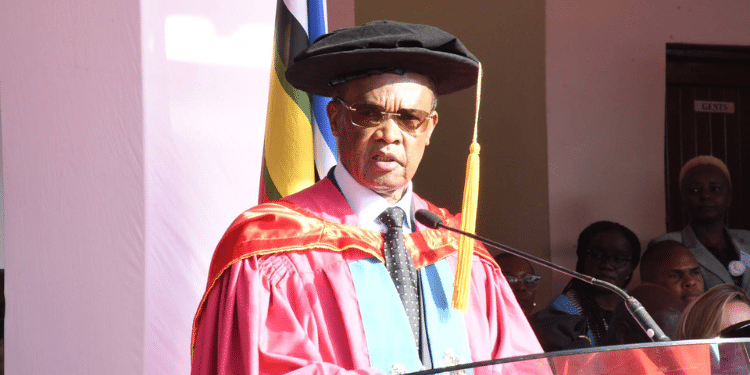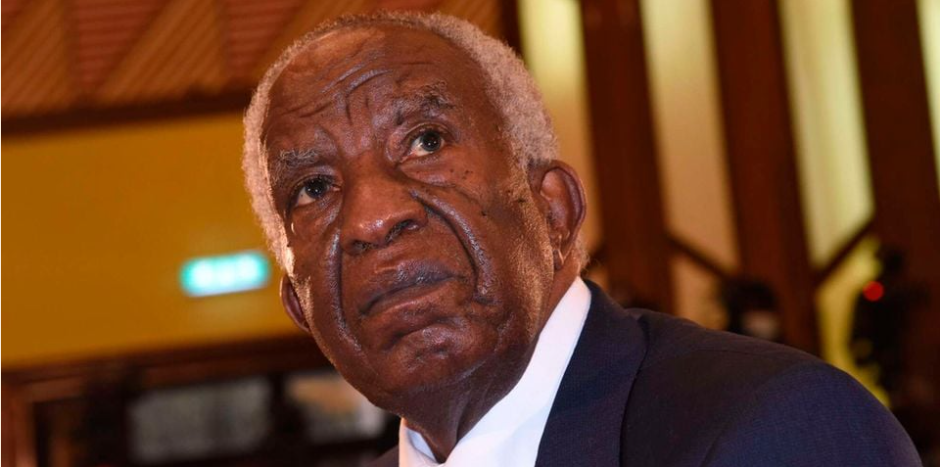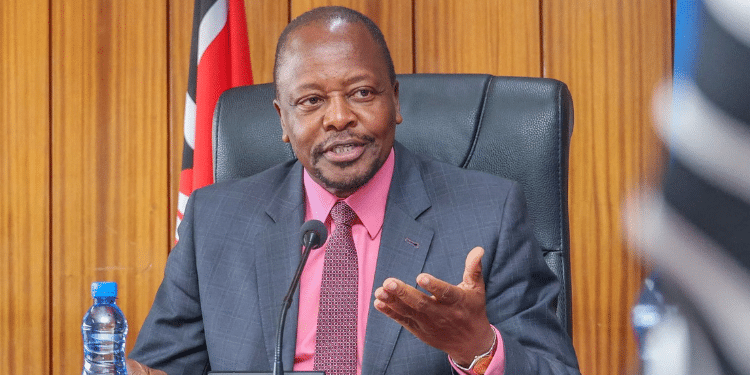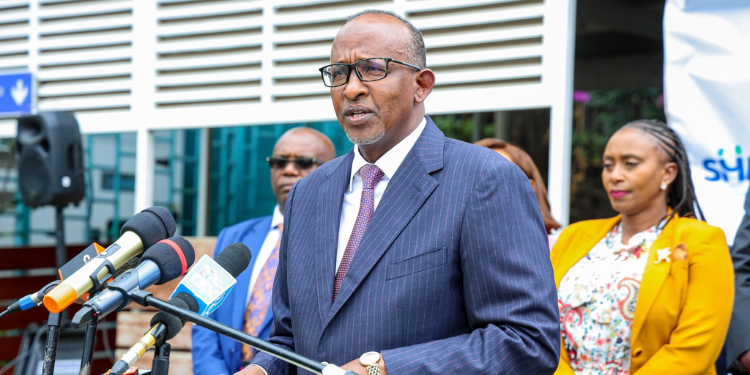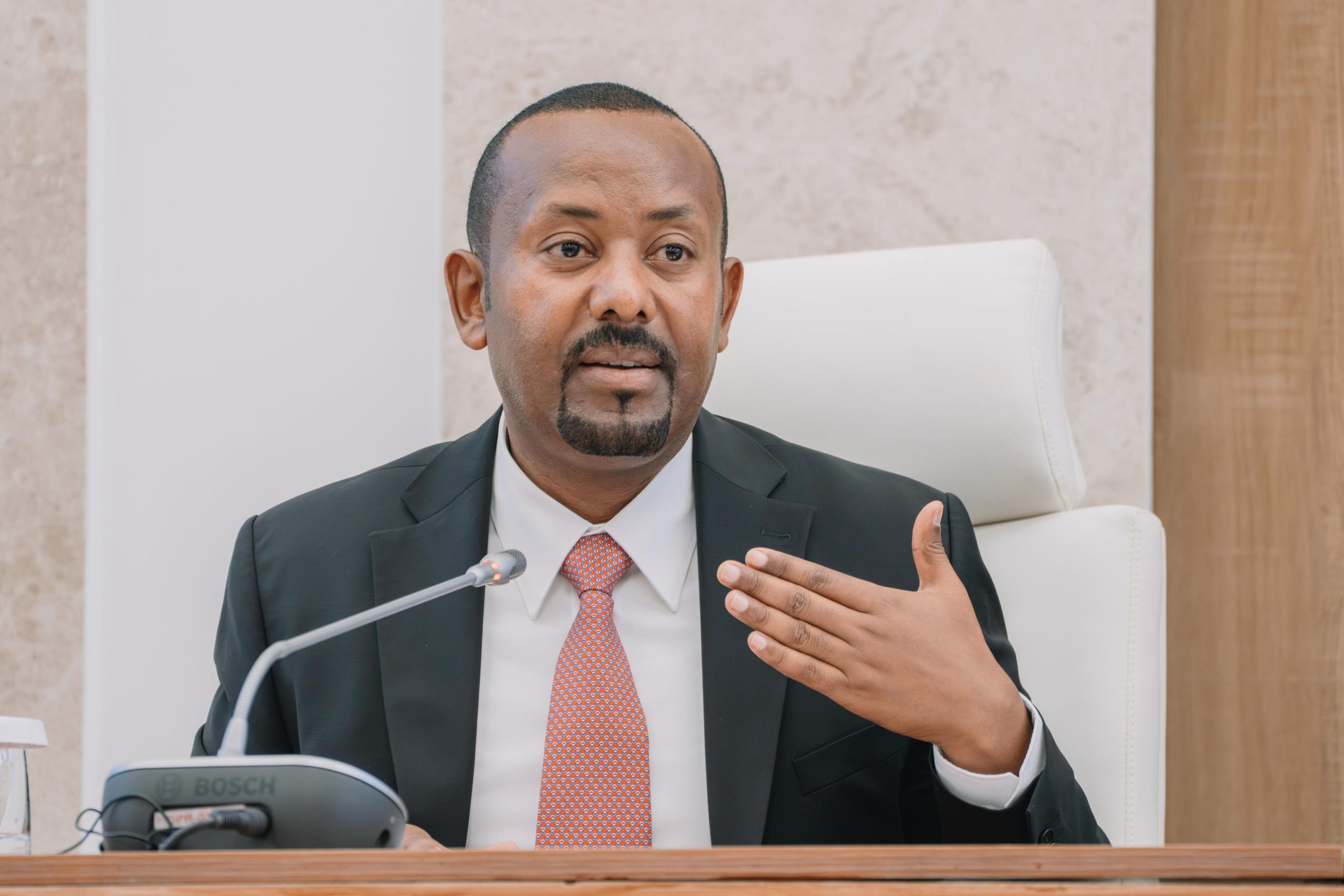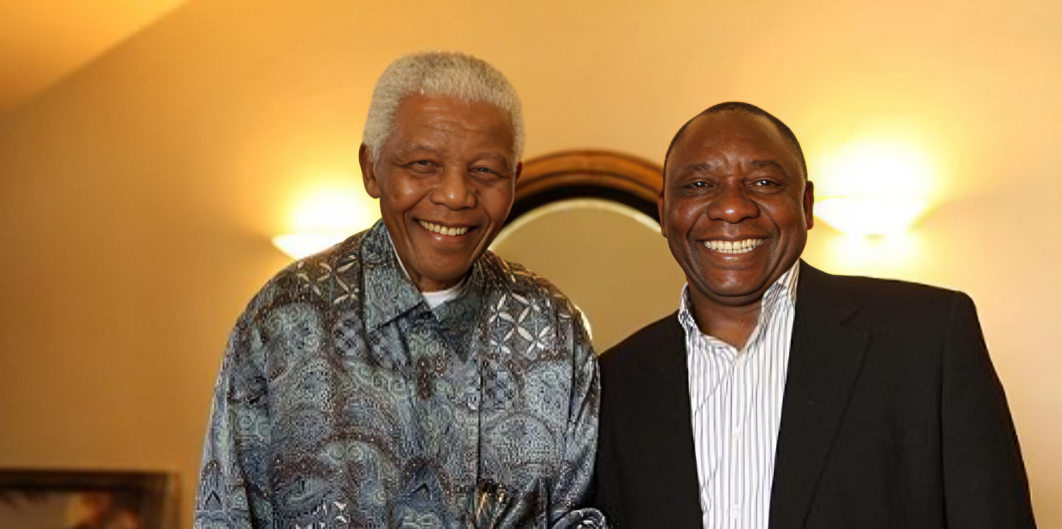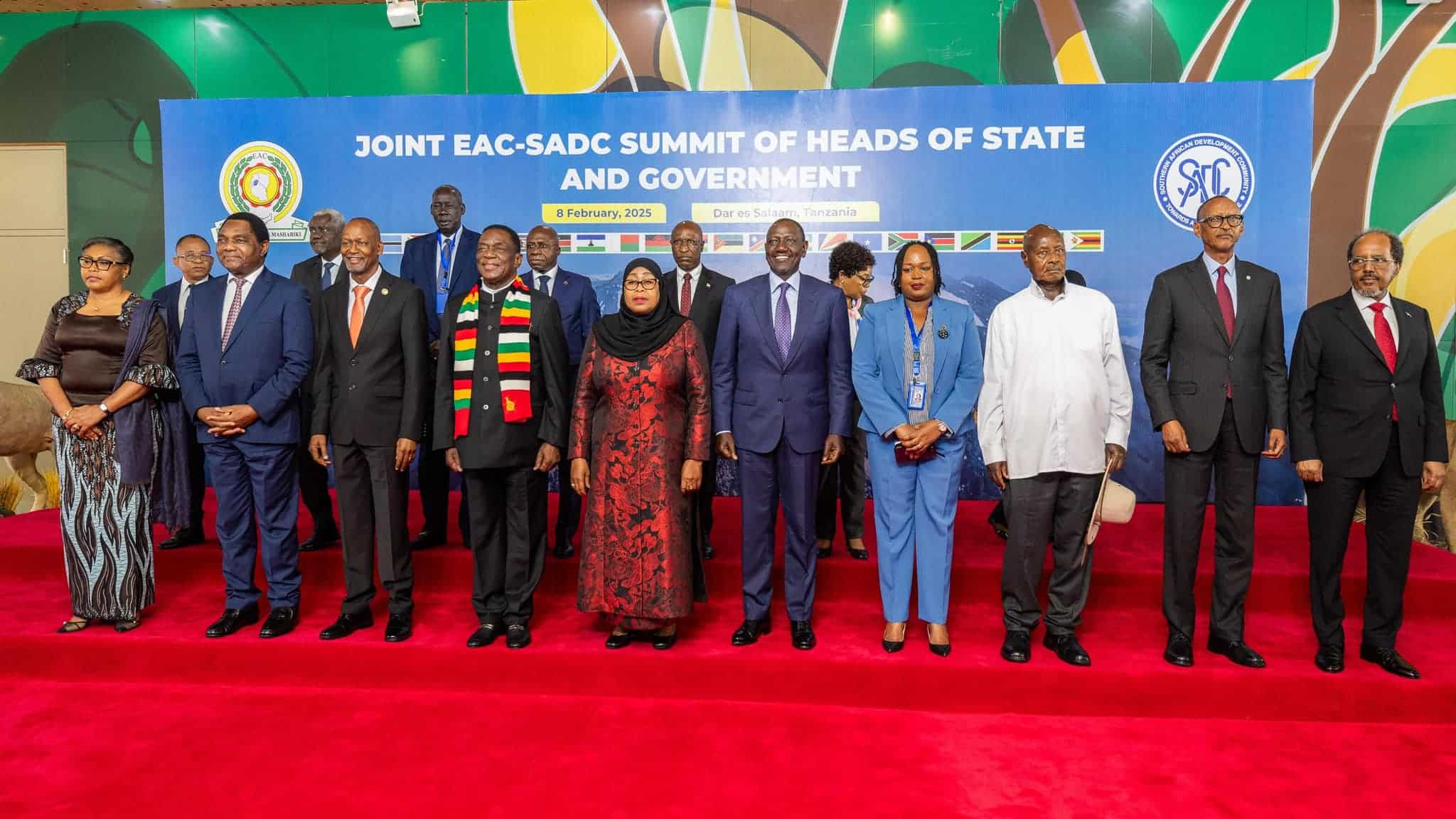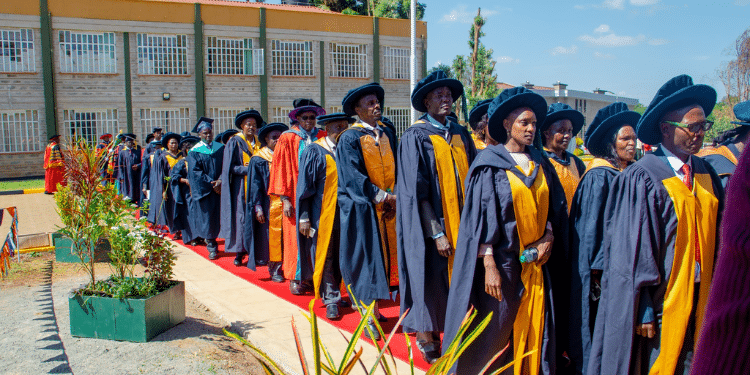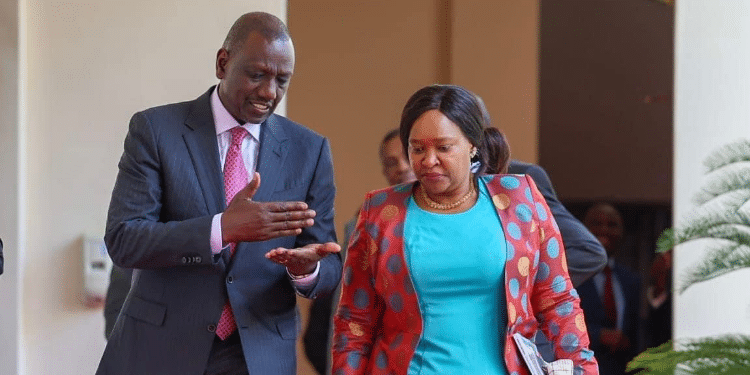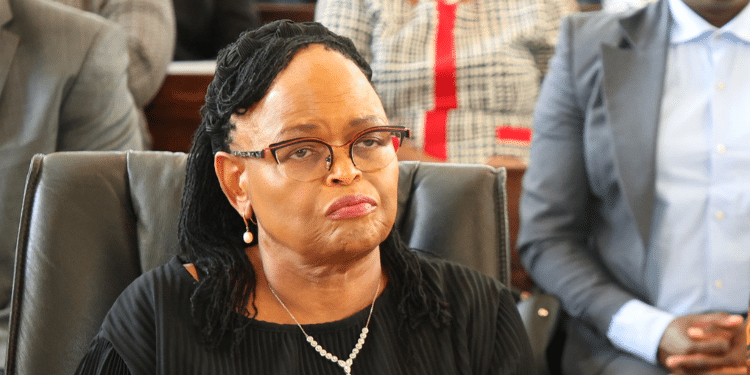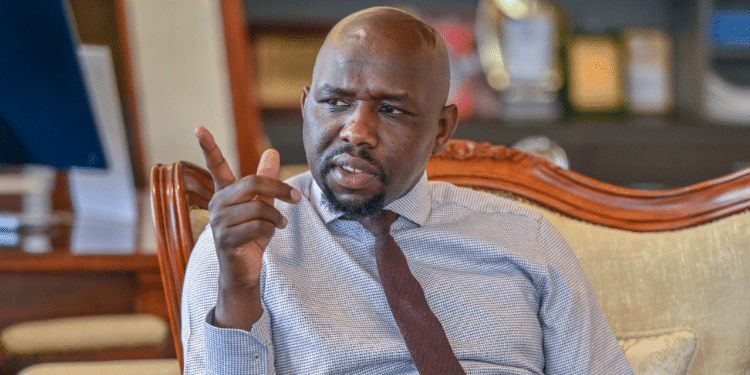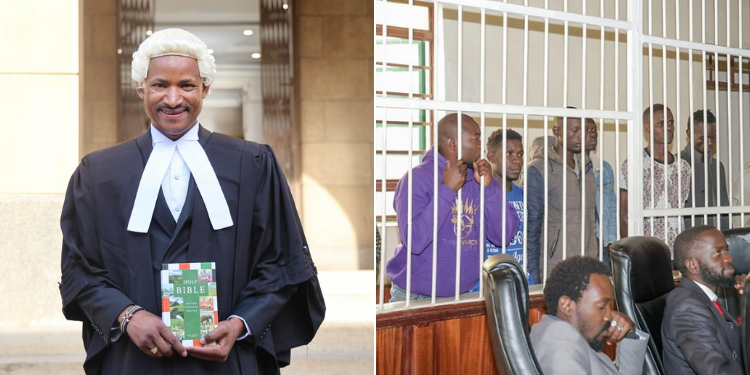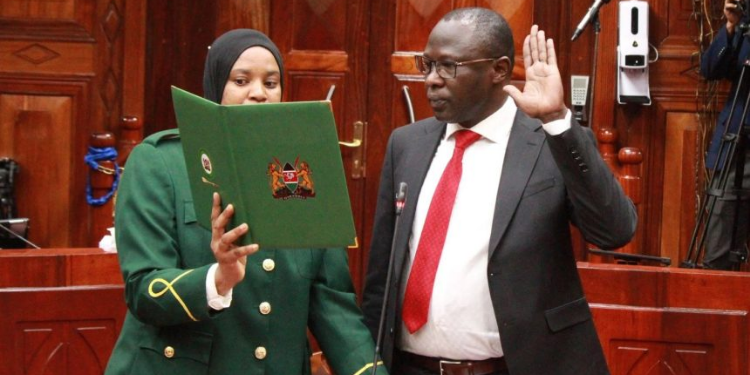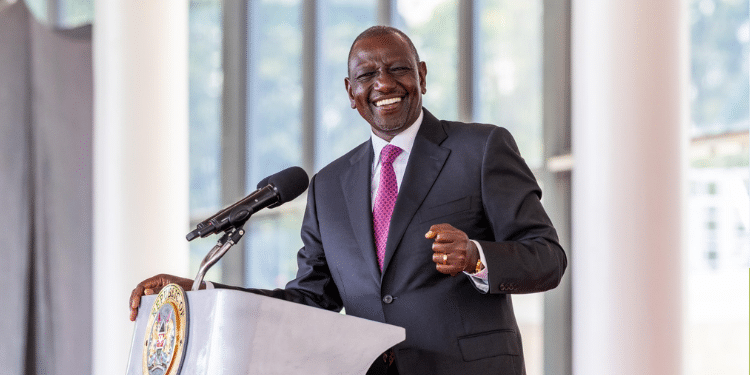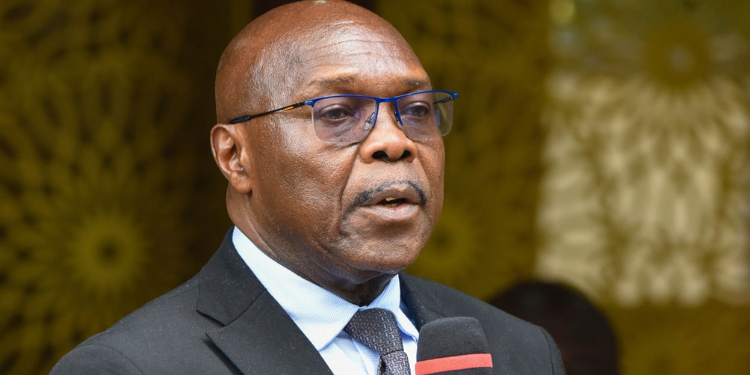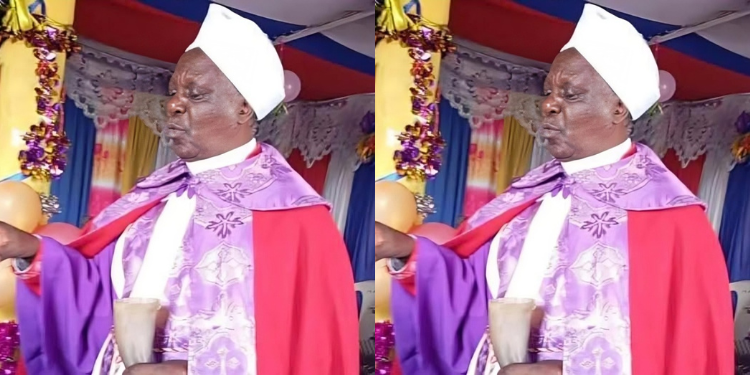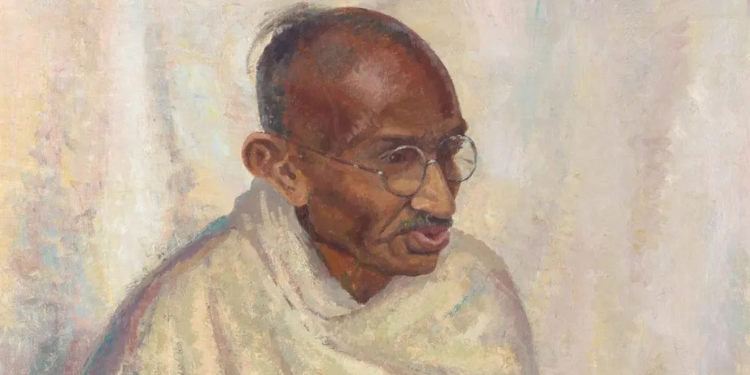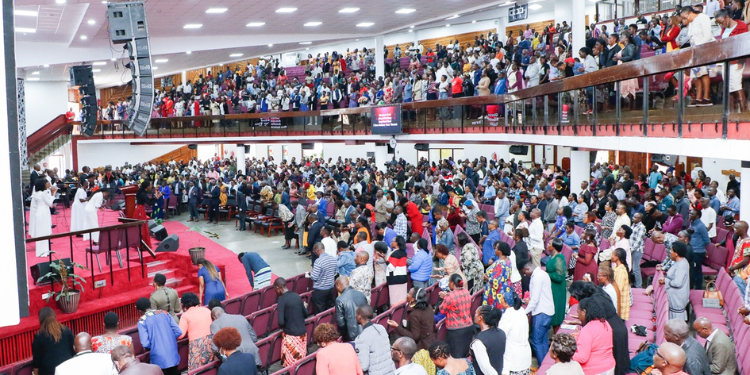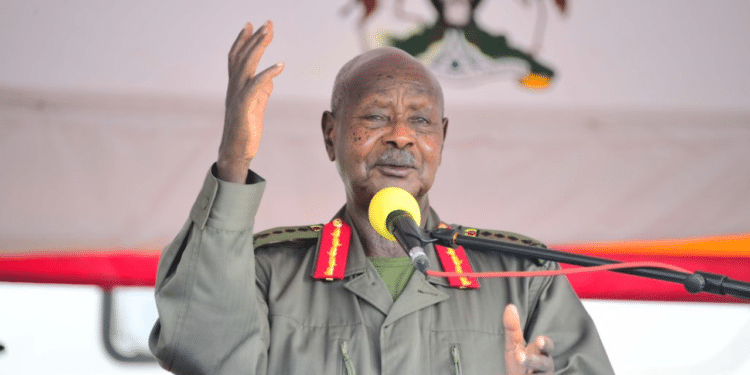The President of Uganda Yoweri Museveni, has signed an amendment into law, allowing civilians to be tried in military courts.
The move comes months after the country’s Supreme Court declared such trials unconstitutional.
However, Museveni said that the decision of the Supreme Court was wrong, adding that “the country is not governed by the judges but governed by the people.”
Earlier, he defended the use of military courts, saying that they dealt with the “rampant activities of criminals and terrorists that were using guns to kill people indiscriminately”.
Also, he added that civilian courts were too busy to handle gun-wielding criminals quickly.
“President Kaguta Museveni has assented to The Uganda Peoples’ Defence Forces (Amendment) Act, 2025,” Uganda’s parliament said in a post on the X platform.
Also Read: Tanzania and Uganda Among 36 Countries Facing Possible US Travel Ban: Here’s Why
What the Law Means for Uganda
The new law allows for civilians found with military items, such as guns or army uniforms, to face military tribunals.
Previously, the legal loophole was used to silence government critics, according to rights activists.
In January, the court declared that military courts were “neither impartial nor competent to exercise judicial functions,” according to the International Society for Human Rights.
Further, the new amendment, passed last month under heavy police presence in Parliament, was boycotted by opposition lawmakers. They argued that the law defies the Supreme Court’s decision.
The amended law now requires military court officials to have legal training and to act independently and impartially. But it still permits civilians to be tried in military courts if found with military hardware.
Also Read: Uganda Police Overpower Military in Fire Exchange After Raid
A recent example involved opposition leader Kizza Besigye, who was arrested in Kenya, taken across the border, and charged in a Ugandan military court.
The charges, related to weapons possession, were later dropped and replaced when the case was moved to a civilian court following the Supreme Court ruling.
The opposition has said the new law violates the Supreme Court verdict and Ugandan courts could intervene again if they receive a citizens’ petition against the legislation.
Follow our WhatsApp Channel and X Account for real-time news updates.
